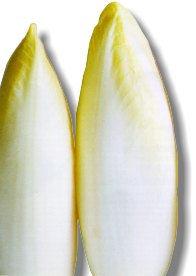| Orthodox Conversion to Judaism |
| Kashrus |
| Hashem commanded us to perform a mitzvah, keeping kosher so that is enough of a reason for us to kosher. Kashrus enables us to observe the law by providing guidelines as to how to observe the law. Following the laws of kashrus, kosher food must meet the complex requirements of Jewish law, and the supervising rabbi verfies that such is the case for a given food item, or item which will come in contact with food. There is a procedure for slaughtering permissible animals. The rabbi's role is to decide questions of Jewish law. Animals are killed in a very specific manner, by a Shochet, and they must be checked internally for disease, have their blood removed by salting, feathers removed in cold water, and so on. |
 |
| Kosher wine may not come into gentile contact before pasteurization. Vegetables must be examined for insects (as insects are not kosher) Because meat and dairy have to be carefully separated, precautions against milk-based additives have to be taken. A rabbi may hire a mashgiach to do the actual supervision. The latter is supposed to call in the rabbi when a novel situations comes up. Rabbis (and others) sometimes recommend avoiding certain food products based on concerns other than kashrut, for example: environmental (e.g. its manufacture harms the environment more than necessary) Religious (e.g. Jewish-owned bakery selling kosher food, but open on the Shabbath) "Tikun olam" [repairing the world] (e.g. the manufacturer complies with the Arab boycot of Israel, or mistreats its employees) |
| In Israel, tithes must be taken from all crops. If these tithes are not separated then the produce may not be eaten; the wheat, barley or fruit is actually not kosher until the commandments of tithing have been fulfilled. |